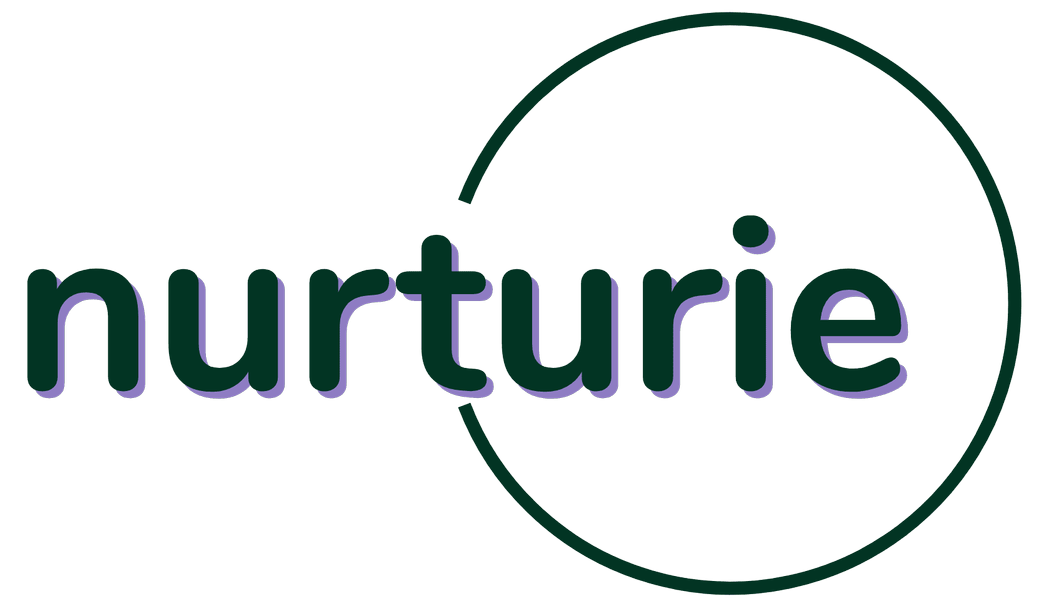
FAQs
Frequently Asked Questions
Please reach us at info@nurturie.com if you cannot find an answer to your question.
-
nurturie is a Harvard-founded pediatric OT and tutoring practice dedicated to helping children build motor, executive function, sensory, and academic skills. Through in-home, community, and school-based services, we integrate therapy and learning while collaborating with caregivers to support each child’s growth in everyday life.
-
Is your child struggling with daily activities like fine or gross motor skills, self-care tasks, sensory processing, executive function, oculomotor skills, or social interactions? These challenges could signal the need for additional support. An occupational therapy evaluation can provide valuable insights and guidance. Connecting with qualified healthcare providers for a thorough assessment is an important step in supporting your child's growth!
-
To start this collaborative process, you can schedule a free video consultation. This 30-minute session will serve as a platform to discuss any concerns you may have, delve into relevant background information, discuss your child’s strengths, and outline your therapy goals. Based on this initial consultation, a thorough evaluation may follow.
-
The OT evaluation will focus on therapist-guided tasks and naturalistic observations of your child, lasting 1-2 hours. Standardized assessments may also be utilized as appropriate, depending on your child’s specific needs.
-
The frequency of visits will be based on your child's unique needs and aligned with your schedule. We provide flexible scheduling choices to make sure your child gets the appropriate care. Typically, treatment plans include 1-3 weekly sessions, each 45-60 minutes long, over 8-12 weeks. Each care plan's duration and frequency may vary based on clinical assessment.
-
We are an out-of-network provider. While we do not directly bill insurance, we provide our clients with a Superbill which includes the necessary information to submit an out-of-network claim for potential reimbursement through your insurance company. We offer a step-by-step guide on how to initiate this process.
nurturie operates on a private pay/out-of-pocket basis for all services rendered.
-
Evaluations have a one-time fee that covers the assessment, subsequent evaluation report, and results meeting. Payments for the evaluation and all services are processed as fee-for-service via credit card, at time of service.
-
Your child does not need to be receiving OT services to qualify for tutoring.
We offer tutoring services to all children, with or without OT involvement, based on the needs of the child and family.
-
A therapist can provide services within your child’s school setting, which allows for direct support in the environment where your child learns and interacts daily. To ensure these services are effective, it’s important to establish a consistent communication system with the school’s academic staff. This collaboration helps align therapeutic goals with the school’s expectations, ensuring that everyone is working together to support your child’s development.
-
Yes! We provide teletherapy and teletutoring options as they suit some of our clients. Additionally, there's the flexibility to blend in-person sessions with telesessions for a hybrid approach.
